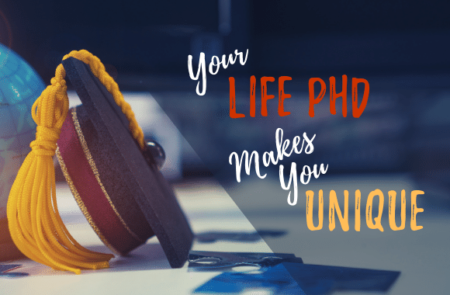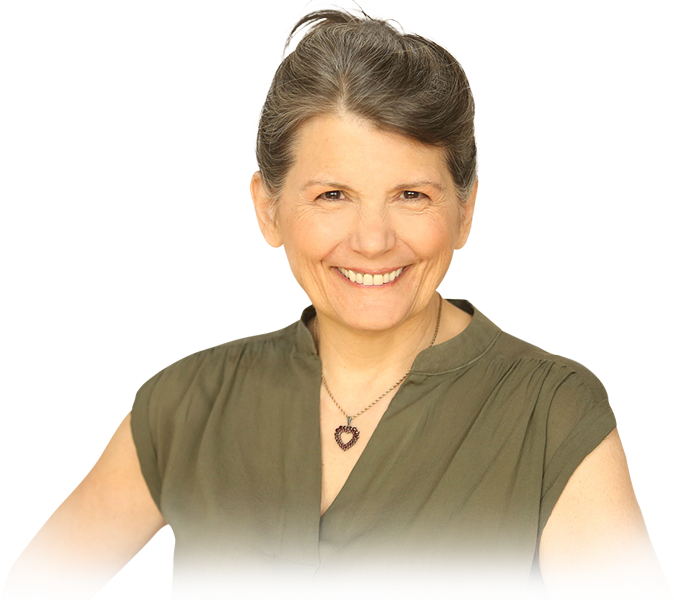 Two recent posts in our Facebook group, Transformational Touch, really got me thinking. In the first, I asked folks who they “used to be,” before becoming practitioners… and then in the second post, I asked how that shows up in their work to make them unique as transformational leaders.
Two recent posts in our Facebook group, Transformational Touch, really got me thinking. In the first, I asked folks who they “used to be,” before becoming practitioners… and then in the second post, I asked how that shows up in their work to make them unique as transformational leaders.
The first question spurred a LOT of responses and showed a truly impressive variety of experience. We are clearly a diverse group–we come from vastly different backgrounds and have very different life experience–even though we all touch our clients and many of us practice the same modality.
What really surprised me was the thread for the second question–about how all that experience helps you stand out now as a person who can offer your clients something no one else can. In comparison, there were just a handful of comments — only about 25% of the people who responded to the first question answered the second one.
This makes me wonder if practitioners are prone to partitioning their Life PhD into “before and after” they trained in their modality. If that’s true, then it looks like this:
Having been a Feldenkrais Practitioner® and trainer for decades, I know that there’s a tendency for practitioners to see all of life through the lens of our modalities. The problem comes when that lens turns you into a commodity in the eyes of your prospective clients.
When you define yourself only as a practitioner of your modality, you give the world permission to equate you with every other practitioner of that modality–and with pretty much every other practitioner of any modality that’s remotely like the one you practice.
That’s one of the easiest ways to kill your practice.
Being seen as a commodity means that there’s no reason a potential client should choose you over anyone else.
There’s no reason pay more than anyone else who does “the same thing” you do.
It’s even a liability to charge less because that could be taken as an indication that you aren’t as good as the other people who do “the same thing” you do.
What sets you apart?
Here are a few of the questions you could ask yourself to get some ideas about how your Life PhD–everything that’s happened to you up to and including today–makes you valuable in unexpected ways:
- What did you learn from your experience?
- How does what you learned from that show up in other ways in your life?
- How is it important to your clients?
I think you’ll find that your answers fall into 2 broad categories. They’re usually going to be related either to qualities and characteristics you developed or to skill and experience you gained.
Here’s what I mean about qualities…
As the parent of young children, I learned something about patience and that I never had the incentive to learn earlier in life.
Once I was able to be patient with my kids, I found that patience could be generalized… I became more patient with myself and then I realized that it didn’t bother me so much when it took my clients longer to “get it” than I expected. The same question would come up many times but it didn’t irk me as much as it once had. I saw that when I simply waited for a response from a person whose information-process preference is different than mine, I was able to have a conversation that led to deep connection.
Simply said, as I became more patient, it changed the way I showed up.
Here’s an example related to skills and experience…
If you are the parent of a child — or the spouse of an adult — with neurological problems, you know many things about being in that role that most people have no idea about.
You may know about equipment, clothing, the value of typical advice, specific nutritional concerns, behavioral changes and many other things that make a difference to people who are in that position. Maybe you are able to connect parents or spouses with resources they need but didn’t know were available.
Even the simple fact that you’ve walked that road sets you apart from other practitioners because it allows you to connect at a different level… and when you do that, people feel like you really “get” them as no one else does.
And another…
I have worked for myself almost my entire life, and I know the ins and outs of being self-employed. First-hand experience tells me why self-employed people need the kind of help I can give you through my modality — I needed it myself so it makes complete sense for me to use that knowledge in attracting and enrolling the people I am here to serve.
How this helps you attract clients
Focusing on what sets you apart from every other practitioner makes it easy for people to recognize that you can help them. It makes it possible for you to maximize the time, money and energy you spend on advertising. And it increases the likelihood that you’ll find yourself on the path to getting 80% of your first-time clients to say YES to long-term work with you.
Will you take action?
All you have to do to get started is ask yourself those questions — What did you learn? How does it show up in your life? What does it have to do with your clients? — and listen for an answer.
Realizing how much “who you used to be” has informed “who you are” will start a chain reaction, and you’ll start seeing how much “what makes you different” makes you the perfect choice for the people you’re here to serve!
You are unique as a practitioner! Claim your difference and embrace the value it brings to your clients… and get ready to help more people!

